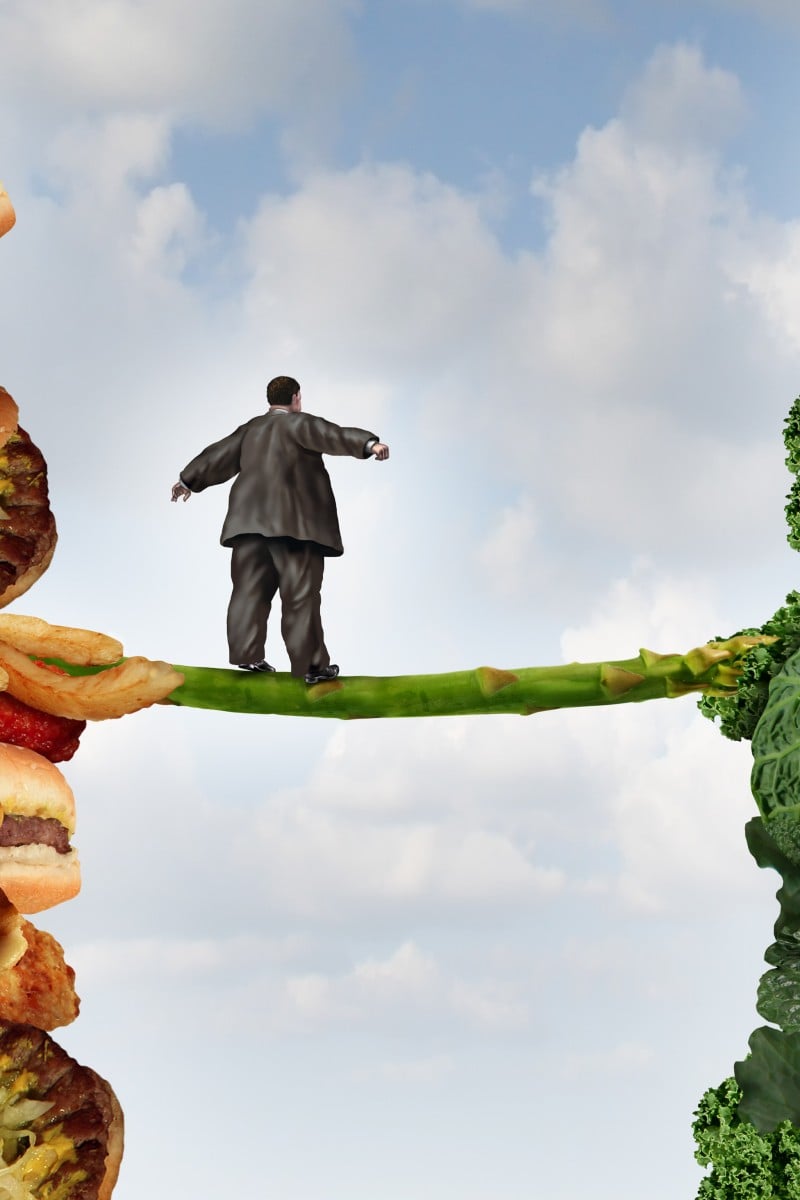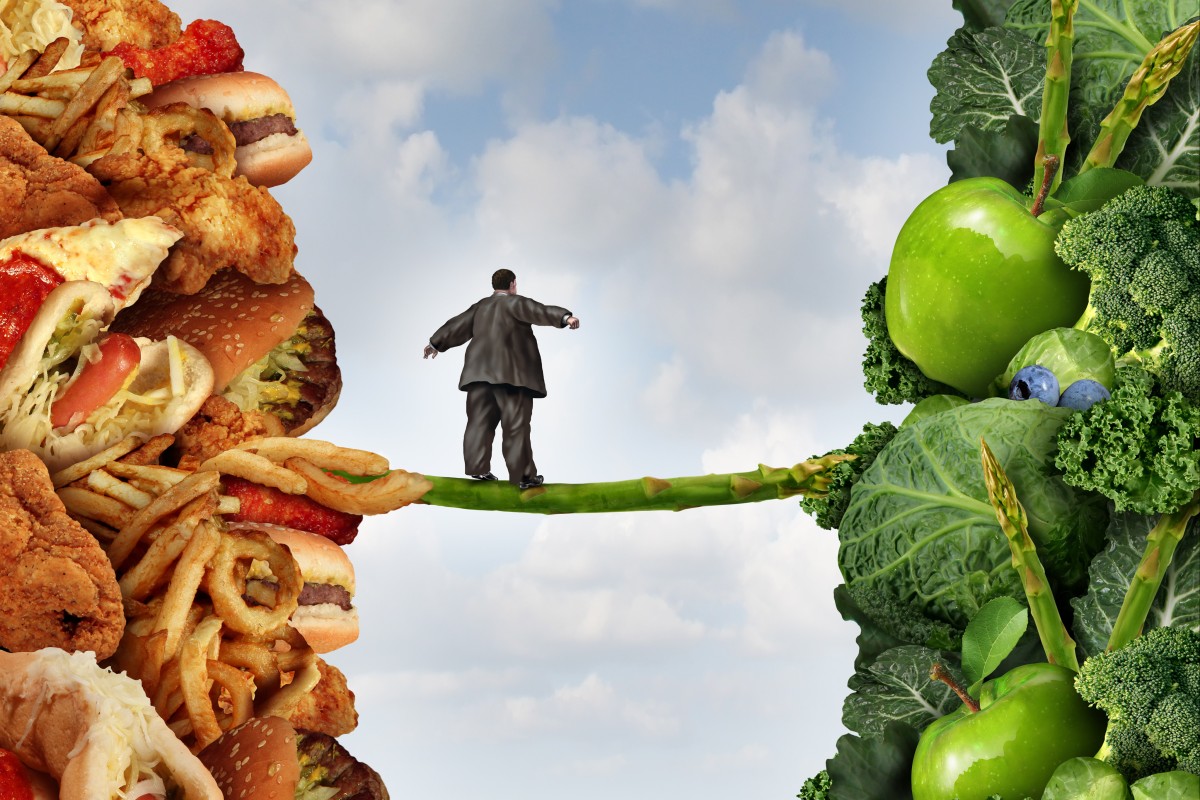
Keep track of snack attacks: endless junk food cravings can be blamed on the brain’s ‘happy hormones’
- On World Obesity Day, the Hong Kong Science Museum helps us decode why we yearn for unhealthy treats with too much salt or sugar
- We designed a graphic to help you understand how the brain’s reward system functions
 While sweet and salty foods are OK in moderation, it can be tough to find the right balance. Photo: Shutterstock
While sweet and salty foods are OK in moderation, it can be tough to find the right balance. Photo: Shutterstock Many people find it hard to resist sugary drinks and deep-fried snacks, even if they’re not the best for health. Have you ever wondered why we always seem to want more of these unhealthy treats? The answer lies within the intricate workings of our brain’s reward system.
The reward system is an intricate network designed to encourage positive behaviours essential for survival and well-being. Engaging in activities that benefit us – such as eating nutritious food or spending time with loved ones – triggers the release of a neurotransmitter called dopamine. Dopamine is also often called the “happy hormone” because it creates feelings of pleasure and well-being, motivating us to repeat these behaviours (see graphic).
However, the reward system can be tricked by harmful things that feel good momentarily, such as junk food. According to some research, the amount of dopamine triggered by junk food is comparable to the effects of prolonged use of drugs, such as cocaine.
Addiction to junk food
One reason behind the addictive nature of junk food is its ability to deceive our brains into perceiving minimal calorie consumption. This means that our brains think we are eating very little when, in fact, we are consuming a considerable amount of calories in a short time.
Loaded with excessive amounts of sugar, salt and unhealthy fats, junk food is able to quickly “melt away” in our mouths – and from our brains.
In the short term, junk food can negatively impact blood sugar levels, increase blood pressure, and promote inflammation in the body. Over the long term, it can lead to various health issues such as digestion problems, immunity, inflammation, heart disease and obesity.
Craving junk food after a bad night’s sleep? Science has an explanation for that
Resist these cravings
Even though it can be hard to resist these snacks, there are ways to overcome our cravings. One way is to eat more protein. This is because protein digests more slowly and makes us feel fuller for longer than refined carbohydrates in food such as biscuits and pastries.
Getting enough sleep can help us stay off these unhealthy snacks, too. Studies show that those who experience shorter sleep durations tend to have reduced leptin levels – a hormone responsible for regulating appetite and energy balance. These people also produce higher levels of ghrelin, a hormone that makes us feel hungry. An imbalance in these two hormones can make us crave food when we don’t need it, especially unhealthy snacks.
By sticking to a regular sleep schedule, we can restore the balance of these hormones and reduce our cravings for junk food.
Young Post has partnered with Hong Kong Science Museum and Hong Kong Space Museum to encourage your pursuit of science. Every month, the museums answer questions about the world around us, the cosmos and beyond.
